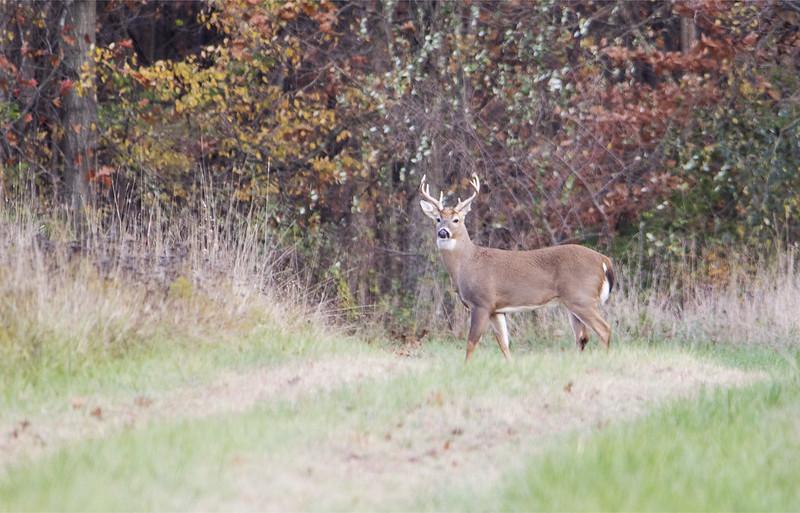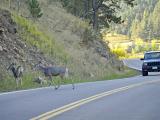The Indiana Department of Natural Resources (DNR) late last week confirmed the state's first detection of chronic wasting disease (CWD), which involves a male white-tailed deer harvested in La Grange County in the northeastern region of the state.
In a statement, officials said La Grange County borders a region in Michigan where CWD had already been detected.
Detection came from a high-risk area
Joe Caudell, PhD, a deer biologist with Indiana DNR, said, "CWD has been in our region for many years, with positive cases in all of our surrounding states." He added that the CWD detection in La Grange County was highly likely and that DNR officials will continue monitoring the area for the disease.
"The public can help by reporting sightings of sick or dead deer to the DNR, as well as submitting harvested deer for testing during deer hunting season," he said. "Through increased awareness and testing, we can work to monitor CWD within Indiana's deer population."
Through increased awareness and testing, we can work to monitor CWD.
The deer was harvested by a hunter and was confirmed as positive for CWD by two independent tests. Indiana's different deer-hunting seasons run from the middle of September until the end of January.
Surveillance help from taxidermists
The sample came from a program that enlists the help of Indiana taxidermists with CWD surveillance, according to Outdoor Life. The DNR, the National Deer Association, and taxidermists had piloted the taxidermist incentive program for a few years before it became fully operational during the 2023-24 hunting season.
CWD has been detected in 33 states, including all states that border Indiana. Found in deer and other cervids such as moose and elk, the infectious illness is a fatal neurologic disease caused by misfolded proteins known as prions.
The disease poses an ongoing threat to animals, given that CWD can spread from deer to deer or through contaminated environments where CWD can remain in the soil for several years.
No human cases have been reported, but health officials urge people to avoid eating the meat of infected animals and to take precautions when field-dressing or butchering cervids.




















